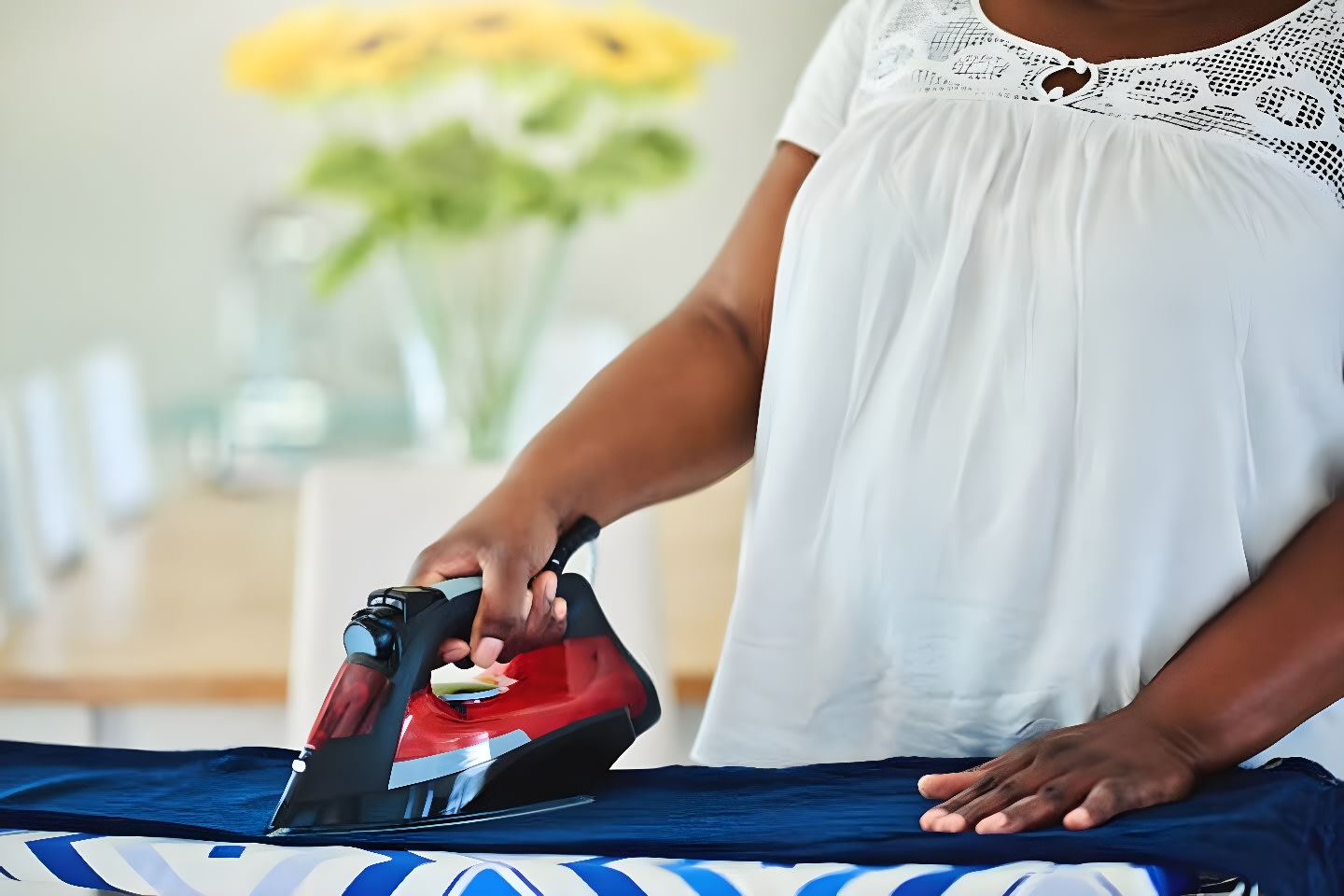
Is Unplugging Appliances an Effective Way to Conserve Electricity?
In an age where environmental consciousness and energy efficiency are increasingly important, the question of whether unplugging appliances can actually save electricity is a topic of considerable interest. Many people believe that keeping appliances plugged in consumes a small but significant amount of electricity, even when they’re turned off. This belief has led to the rise of practices such as “vampire power” hunting, where individuals go around their homes unplugging devices to reduce their energy consumption. But does this approach truly make a substantial difference, or is it just a myth? Let’s delve into the world of standby power and discover the truth about unplugging appliances.
Understanding Standby Power
Before we dive into the effectiveness of unplugging appliances, it’s crucial to understand what standby power, often referred to as vampire power or phantom load, actually is. Standby power is the energy consumed by appliances and electronic devices when they are not in use but are still plugged in. Common culprits include televisions, computers, chargers, coffee makers, and various gadgets that remain connected to the electrical grid even when switched off.
The Myth of Significant Standby Power Consumption
One of the primary reasons people unplug appliances is the belief that these devices continue to consume a considerable amount of electricity when not in use. While it’s true that some appliances use standby power, the reality is that the amount of electricity consumed in standby mode is generally minimal.
Modern appliances are designed with energy efficiency in mind. Regulatory standards have pushed manufacturers to reduce standby power consumption. In many cases, the power used when an appliance is switched off is negligible compared to its active usage. For example, a television might use only a few watts in standby mode, while it consumes tens or even hundreds of watts when turned on.
The Impact on Energy Bills
To assess the impact of standby power consumption on your energy bills, it’s important to consider the overall context. While it’s true that a single appliance may not consume much energy in standby mode, the cumulative effect of multiple devices can add up over time. However, the difference in your monthly energy bill from unplugging appliances when not in use is likely to be relatively small.
Practical Energy-Saving Tips
Rather than obsessively unplugging every device, there are more practical and effective ways to save energy and reduce your electricity bills:
- Use Power Strips: Consider using power strips with on/off switches for clusters of devices like home entertainment systems or computer setups. This allows you to cut power to multiple devices with a single switch.
- Upgrade to Energy-Efficient Appliances: When it’s time to replace old appliances, choose energy-efficient models that meet Energy Star standards. These appliances typically consume less energy both when active and in standby mode.
- Adjust Settings: Many devices, such as computers and game consoles, have power-saving settings that can significantly reduce standby power consumption. Make use of these settings to minimize energy waste.
- Unplug Rarely Used Devices: While unplugging every device may be impractical, consider unplugging devices that are rarely used, such as spare chargers or appliances in storage.
Conclusion
Unplugging appliances to save electricity is not a myth, but its impact is often overstated. While standby power does exist, the energy consumed in this mode is generally minimal compared to the active usage of appliances. Instead of spending excessive time unplugging devices, focus on more practical energy-saving strategies like using power strips, upgrading to energy-efficient appliances, and adjusting settings on your devices. These actions are not only more effective but also contribute to a more sustainable and energy-efficient lifestyle. So, the next time you wonder if unplugging your toaster will significantly reduce your electricity bill, remember that every little bit helps, but there are more impactful ways to make a difference.







Comments - 3
What Not to Do in Your Home: A Guide to Healthy and Happy Living - Blavior
[…] and benefits the environment. Seal drafts, use energy-efficient appliances, and turn off lights and electronics when not in use. Consider solar panels if […]
31 Energy-Saving Tips for a Greener Home and Lower Bills - Blavior
[…] an era where energy conservation is vital for our planet’s future and our wallets, finding ways to save energy at home has […]
How to Automate Your Home Appliances That Use the Most Energy - Blavior
[…] your home appliances that use the most energy is a practical way to save on utility bills, reduce your environmental […]